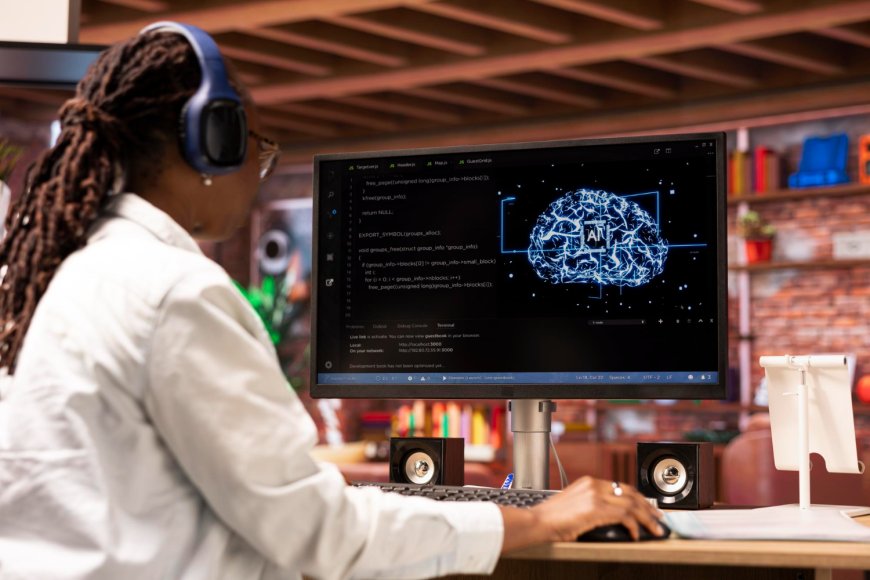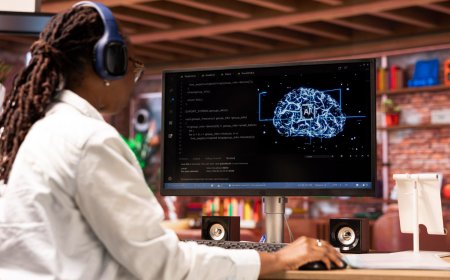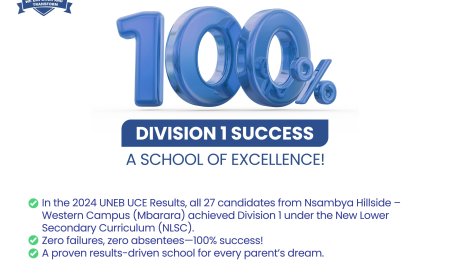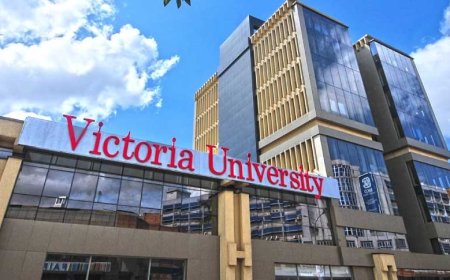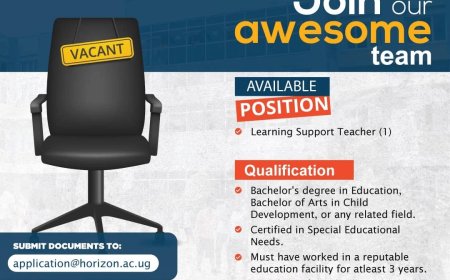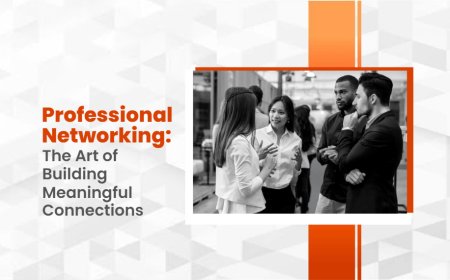By Potter’s Writer
In a sunlit lecture hall at a leading African university, students file in with notebooks and laptops, ready to take notes from a lecturer explaining how to write a business proposal. Across the hall, another group of students sits quietly, watching as an AI tool generates a flawless business plan — complete with cash flow projections, market analysis, and design mockups — all in under five minutes.
It’s a glimpse into a future that has already arrived — one that threatens to upend the very idea of a university education.
“The real crisis is not that AI is taking over jobs,” says education strategist Dr. Lawrence Muganga. “The crisis is that universities are still teaching students for jobs that no longer exist.”
⸻
A Silent Revolution in the Job Market
Artificial Intelligence is no longer an abstract concept tucked away in Silicon Valley laboratories. It is drafting legal contracts, reconciling financial statements, creating marketing campaigns, writing press releases, and generating computer code — all tasks traditionally performed by graduates.
In industries from journalism to architecture, employers are beginning to ask a painful question: Why hire a graduate to do what AI can do faster, cheaper, and often better?
A recent study by McKinsey & Company estimates that nearly 30% of graduate-level tasks will be automated by 2030. Yet many universities continue to offer degrees designed for the pre-AI world — structured around rote memorization, outdated assignments, and exams that test recall more than creativity.
“Unless universities integrate AI into their teaching,” warns a new analysis titled The Coming Curriculum Crisis, “they risk graduating students into jobs that will vanish before their first paycheck clears.”
⸻
Degrees on the Edge
The crisis cuts across nearly every faculty.
• Accounting and Finance: Routine bookkeeping, reconciliations, and report generation are now handled by AI systems such as QuickBooks AI and Xero Smart Reconcile. What remains valuable is advisory insight, ethics, and critical analysis — skills rarely emphasized in traditional accounting courses.
• Marketing and Communications: Tools like Jasper AI and Canva Magic Write generate social media content, design graphics, and run campaign analytics in seconds. For a graduate with only textbook marketing skills, the job market is shrinking fast.
• Journalism: AI systems already write news briefs, summarize reports, and even generate photo captions. Future journalists will need to excel not at writing fast, but at verifying facts, detecting deepfakes, and crafting original narratives that machines cannot replicate.
• Law: Firms like Allen & Overy are already using AI legal assistants to draft and analyze contracts. Entry-level legal tasks — once the foundation of legal apprenticeships — are vanishing.
• Computer Science: Ironically, even programming is being automated. GitHub’s Copilot and Replit Ghostwriter now produce code from simple instructions. The valuable coder is no longer the one who writes lines of code, but the one who can architect systems, integrate tools, and ensure ethical governance of algorithms.
“The most at-risk graduate,” says technology educator Joan Nansubuga, “is the one who knows only how to do what machines now do better.”
⸻
A Dangerous Comfort Zone
Many university leaders remain confident that their degrees still hold value. “Society will always need accountants, lawyers, marketers, and journalists,” they argue.
But this confidence may be misplaced. The job titles might survive — the job descriptions will not.
An accountant who cannot audit AI systems will soon be redundant. A lawyer who cannot navigate AI-assisted research will be bypassed. A journalist who can’t verify algorithmic bias or source manipulation will become irrelevant.
The Coming Curriculum Crisis calls this “a false sense of security — the belief that if degrees have always mattered, they always will.”
⸻
The New Skillset: What Universities Must Teach
Experts are calling for a radical shift in higher education — not to replace traditional knowledge, but to reframe it around the human skills AI cannot replicate.
1. AI Literacy for All
Every student, regardless of discipline, should graduate able to work with AI tools — to prompt, evaluate, and ethically deploy them.
“AI literacy should be the new digital literacy,” says Dr. Muganga. “It’s no longer optional.”
2. Ethics and Governance
As AI raises questions about bias, surveillance, and intellectual property, ethical understanding has become a professional survival skill.
3. Human-in-the-Loop Problem Solving
Students must learn to collaborate with AI — allowing machines to handle data-heavy tasks while humans apply critical thinking, empathy, and judgment.
4. Cross-Disciplinary Learning
Micro-modules that teach AI applications in non-technical fields can instantly boost employability. Imagine a tourism student learning how chatbots can enhance guest experience or a nurse learning to interpret AI-driven diagnostic reports.
5. Portfolio-Based Assessment
Employers are increasingly asking, “What can you build?” rather than “What did you score?”
Graduates should leave with digital portfolios showcasing projects that demonstrate real-world, AI-augmented skills.
⸻
When Universities Resist Change
Imagine two graduates.
• Sarah studied accounting at a traditional university. She can reconcile accounts manually and prepare statements by hand.
• Daniel, from a tech-forward university, can build AI-driven dashboards that detect fraud in real-time and generate predictive financial insights.
When they both apply for the same job, Daniel gets hired. Sarah gets left behind.
“The difference between them is not intelligence,” the report notes. “It’s adaptability.”
⸻
Hope in Innovation
Some universities are already rewriting the playbook.
Victoria University in Kampala, for instance, has integrated “AI for Work” modules into its programmes, encouraging students to use AI for research, writing, and problem-solving.
“Students who graduate from here will not fear AI — they will lead it,” says the university’s Vice Chancellor, Prof. Lawrence Muganga.
Globally, institutions like Stanford, UCL, and Singapore’s NTU have begun embedding AI literacy across disciplines. These early adopters are redefining what employability means in the AI era.
⸻
A Call to Action
The warning could not be clearer: a university that doesn’t evolve is a university that fails.
AI is rewriting the rules of every profession, every economy, and every classroom. The challenge for universities is not to protect tradition, but to redesign relevance.
“History will not be kind to institutions that chose nostalgia over necessity,” the report concludes. “The next generation of students — and the economies they will power — deserve better.”
And as students walk into lecture halls across the world, the question for every university remains the same:
Are you teaching them for yesterday’s jobs, or tomorrow’s world?
